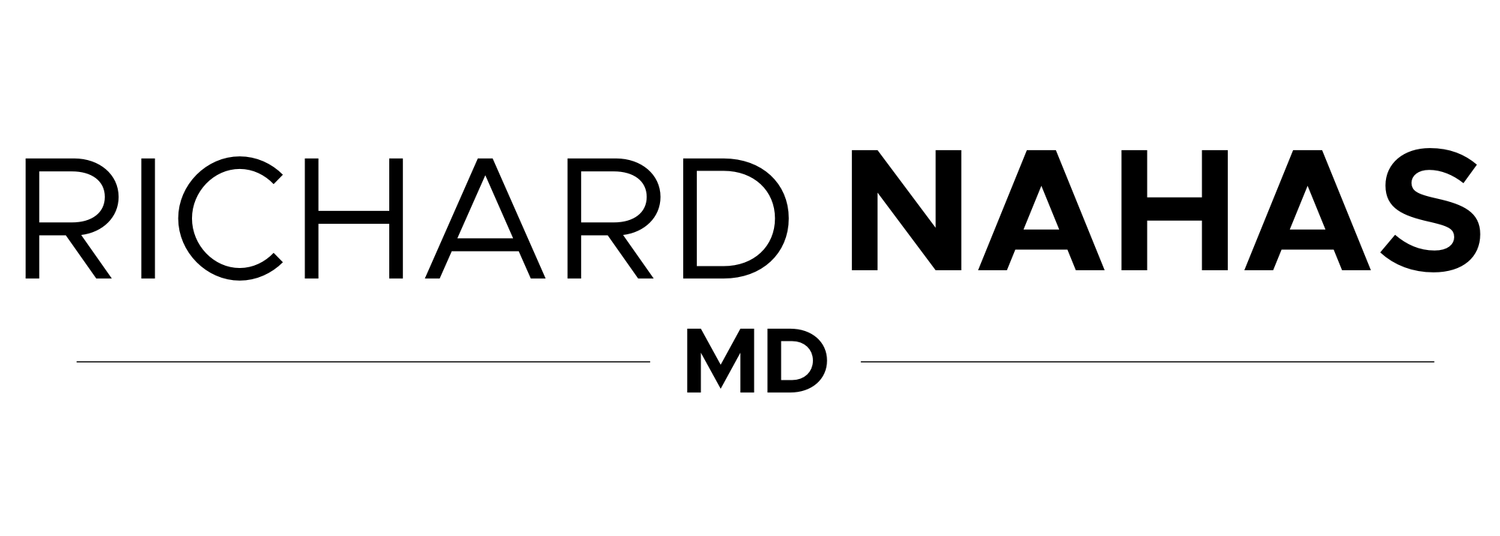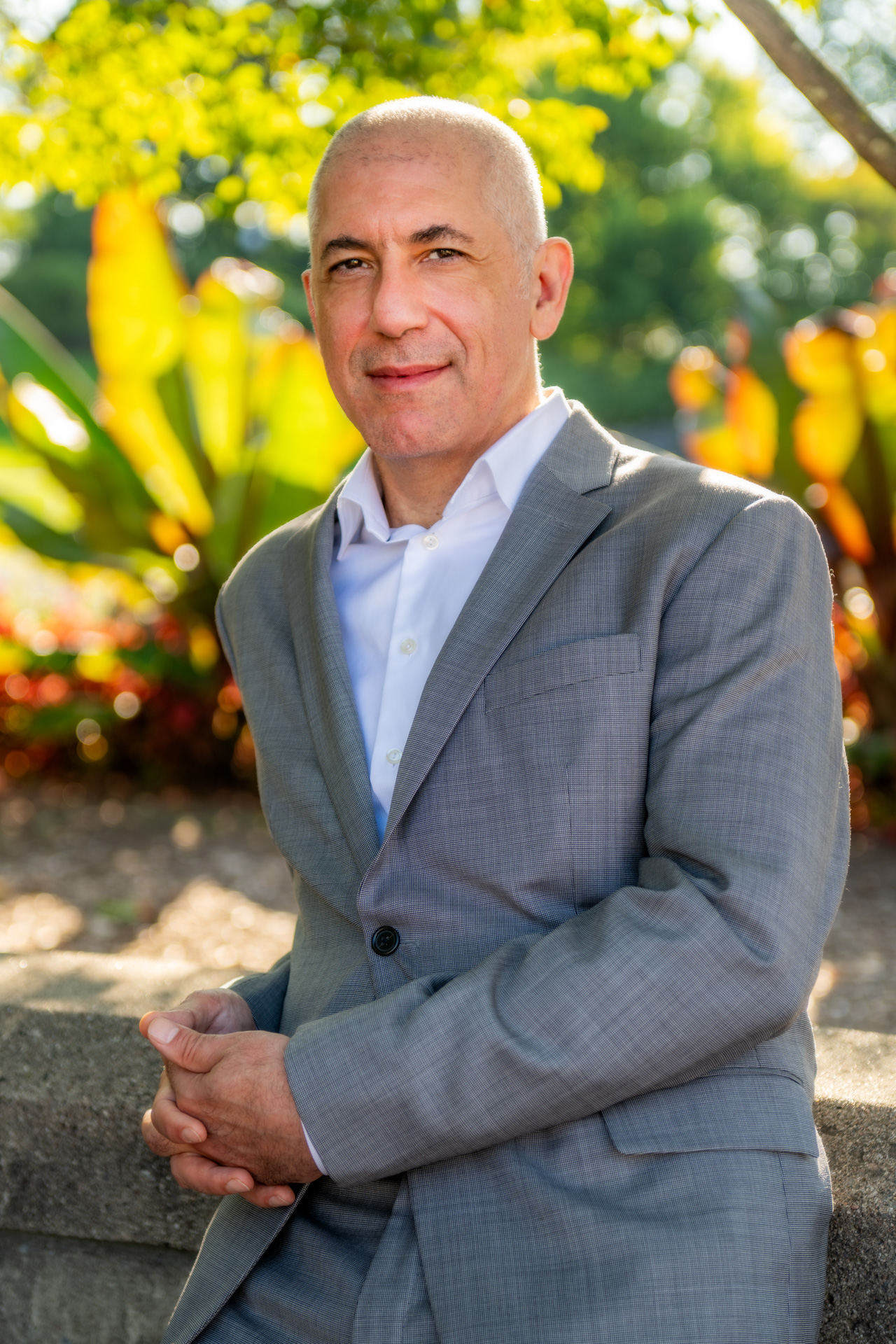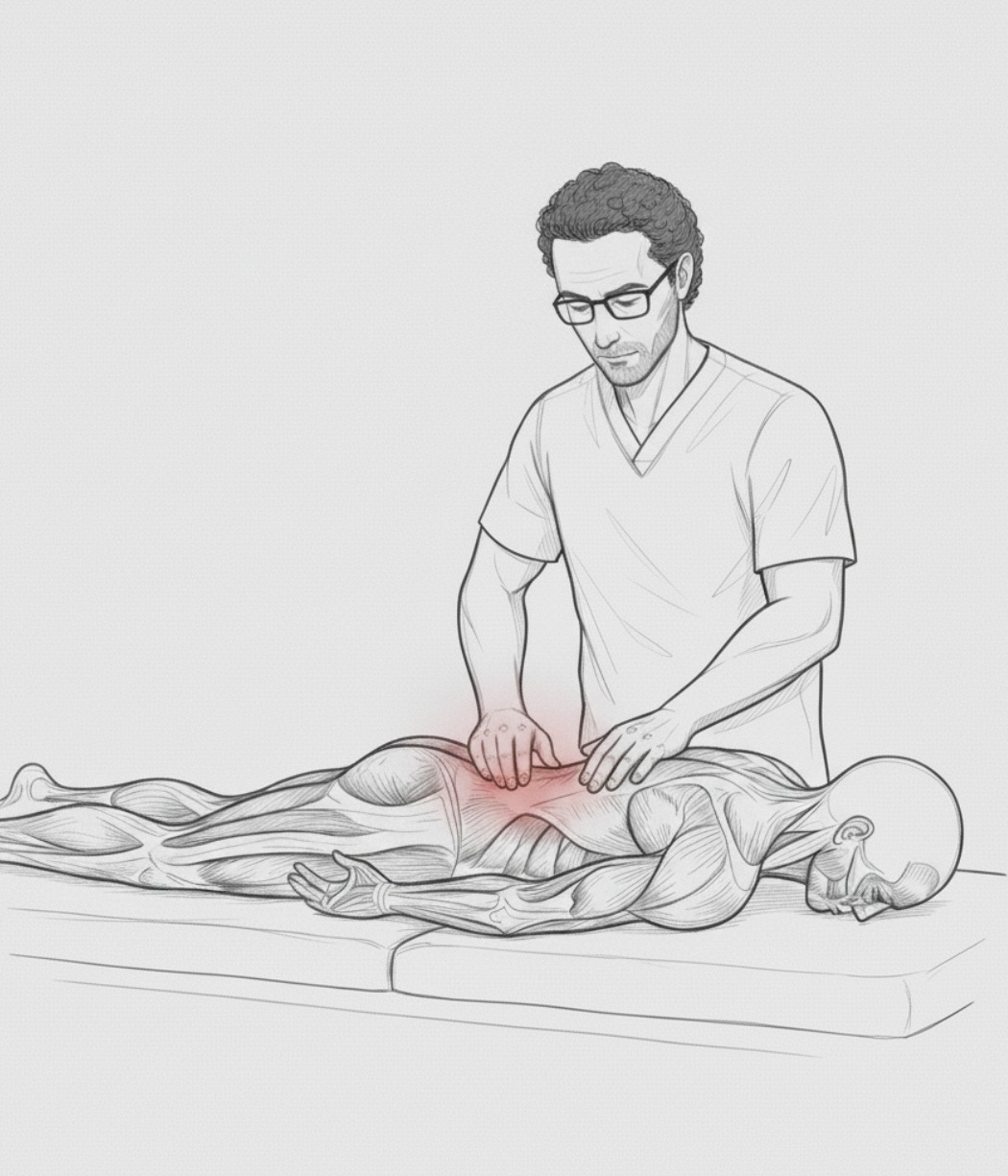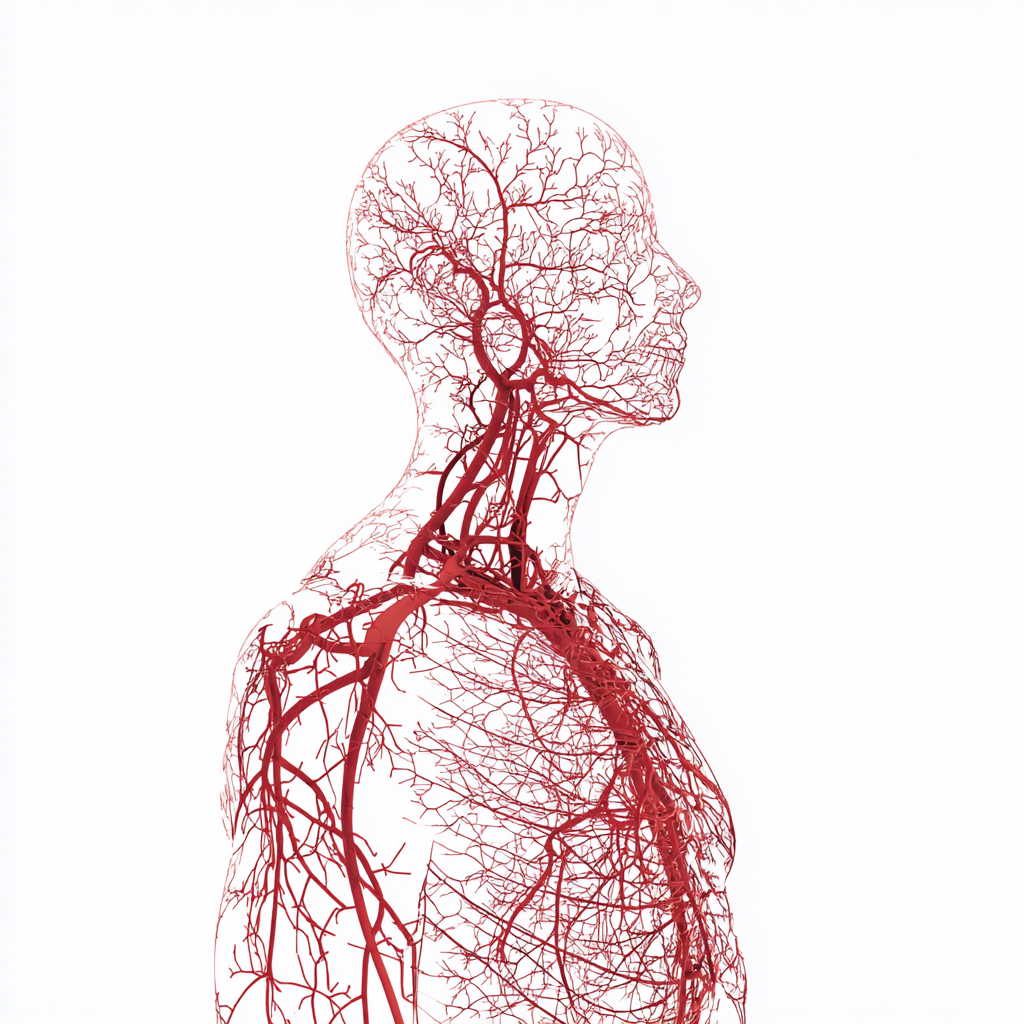Dr. Richard Nahas
Dr. Richard Nahas is an innovator in integrative medicine, a seasoned physician, and the founder of the Seekers Method. For decades, he has redefined the treatment of persistent chronic pain by focusing on what conventional medicine overlooks: hidden blockages. His mission is to bridge cutting-edge medical precision with time-honored healing principles, empowering patients to restore their bodies’ innate capacity to heal with Blockage-Based Care.
30 E 60th St Suite 1403, New York, NY 10022
Call Us Today: 929-575-7788
“I believe that true, lasting pain relief requires treating the original lesions, the accumulated injuries, scars, and restrictions, that remain long after a trauma has healed.”
Revolutionizing Health Through the Seekers Method
Dr. Nahas believes that true, lasting pain relief requires treating the original lesions, the accumulated injuries, scars, and restrictions, that remain long after a trauma has healed. These tissue changes act as blockages, interfering with neurological flow, pulling the body out of alignment, and sustaining chronic pain signals.
His approach, Blockage-Based Care, is a comprehensive system designed to identify and precisely treat these hidden issues. As the founder of Seekers Wellness Group (SWG), he leads a collective dedicated to advancing medicine through the belief that personalized, root-cause focus can transform lives.
Dr. Nahas’ Story:
From Emergency Medicine to Global Authority
Dr. Nahas obtained his medical degree from the University of Toronto in 1998, followed by post-graduate training that spanned acute care and family medicine, driven by a passion for whole-person care, diagnostic problem-solving, and human potential.
The first chapter of his career was spent as a front-line physician in emergency rooms, including service during the SARS epidemic of 2003. This demanding experience illuminated a deeper truth: the body’s own healing power is its greatest resource, yet that power is often blocked.
The Discovery of Hidden Lesions
In 2010, his expertise deepened with Neural Therapy, which uses local anesthetic injections to target areas of prior trauma. This practice revealed a profound insight: these areas, often called interference fields, are hidden lesions where connective tissue and sensitized nerves generate tension and stress. They are recognized by many global healing systems but remain completely unknown to conventional medicine.
Today, Dr. Nahas utilizes his unique palpation-guided techniques in his NYC practice to deliver targeted, personalized interventional treatment for the nerves and fascia. He is a recognized leader in this field, elected President of the North American Academy of Neural Therapy (NAANT) in 2024.
Research and Global Advocacy: Accelerating a Historic Advance
Dr. Nahas’s commitment extends beyond the clinic. His professional mission is to accelerate the transition to Blockage-Based Care as a historic advance in medicine.
He has contributed to major research, including an NIH-funded clinical trial, and has been an invited lecturer at international conferences on how integrative medicine can improve healthcare.
The BEAM Project: Recognizing the need for real-world evidence in integrative therapies, Dr. Nahas founded the BEAM (Bringing Evidence to Alternative Medicine) Project. This initiative is developing mobile technology to crowdsource clinical outcomes data from patients and providers at the point of care. The goal is to safely and effectively guide patients seeking alternatives and serve as a global resource for better healthcare navigation.



